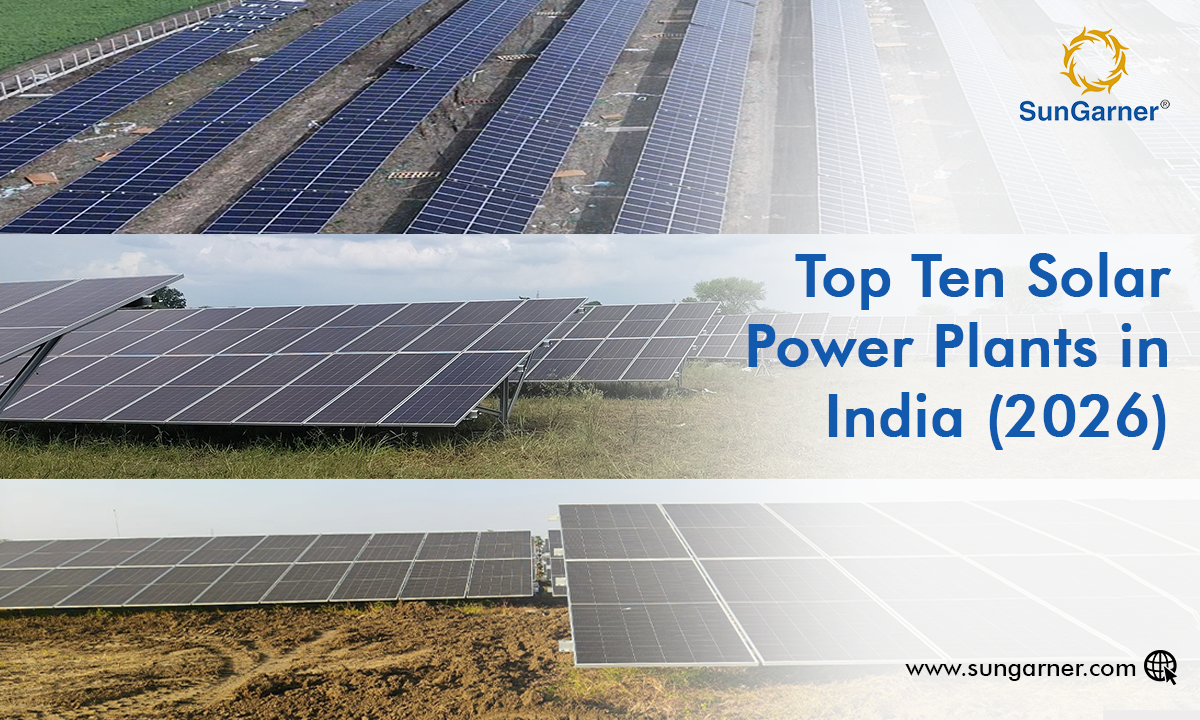Lithium-ion Batteries Beat Lead-Acid for Solar Power in 2030
By 2030, the energy storage debate has reached a clear conclusion: lithium-ion batteries have decisively surpassed lead-acid batteries as the most reliable and efficient choice for solar energy systems. This shift is driven by rapid technological innovation, favorable government policies, and falling battery costs, all of which are making lithium-ion batteries the default solution for solar storage across homes, businesses, and industries.
By 2030, the energy storage debate has reached a clear conclusion: lithium-ion batteries have decisively surpassed lead-acid batteries as the most reliable and efficient choice for solar energy systems. This shift is driven by rapid technological innovation, favorable government policies, and falling battery costs, all of which are making lithium-ion batteries the default solution for solar storage across homes, businesses, and industries.
Why the Shift to Lithium-ion Batteries Happened
For decades, lead-acid batteries were widely used due to their low upfront cost. However, by 2030, several inherent limitations have led to their decline:
- Short lifespan (3–5 years)
- Regular maintenance (e.g., water top-ups)
- Low energy efficiency
- Poor performance in high temperatures
- Toxic materials harmful to the environment
On the other hand, lithium-ion batteries have become the preferred option due to their:
- Long lifespan (10–15 years)
- High energy efficiency (up to 95%)
- Low maintenance requirements
- High depth of discharge (up to 90–95%)
- Compact design and better temperature resilience
These advantages make lithium batteries the ideal solution for solar storage, especially as energy independence and grid reliability become critical in India and globally.
Lithium-ion vs. Lead-Acid Batteries
|
Feature |
Lead-Acid Battery |
Lithium-ion Battery |
|
Cycle Life |
500–1,000 cycles |
4,000–6,000+ cycles |
|
Depth of Discharge |
50–60% |
90–95% |
|
Efficiency |
~75% |
95%+ |
|
Maintenance |
Frequent |
Maintenance-free |
|
Performance in Indian Climate |
Poor |
Excellent |
|
Environmental Impact |
Hazardous lead |
Recyclable and cleaner |
While lithium-ion batteries involve a higher initial investment, they deliver better performance, enhanced safety, and significantly lower total cost of ownership (TCO).
SunGarner: Powering the Future with Lithium Technology
SunGarner is helping India achieve its green energy goals by manufacturing advanced lithium-ion battery systems that are:
- Made in India under the Make in India initiative
- Designed for residential, commercial, off-grid, and hybrid solar setups
- Equipped with Battery Management Systems (BMS) to ensure safe operation
- Compatible with solar inverters, charge controllers, and EV charging stations
From small 3kW rooftop setups to large-scale 100kW industrial plants, SunGarner provides customized and reliable energy storage solutions.
Why Lithium-ion Batteries Dominate in 2030
1. Price Decline
Lithium-ion battery prices have decreased over 90% since 2010 and are projected to fall below $80/kWh by 2030, according to IEA and BloombergNEF. This makes them more affordable and accessible for Indian consumers.
2. Government Support
India’s Production Linked Incentive (PLI) schemes, subsidies, and lower GST rates have accelerated the adoption of lithium battery storage across sectors.
3. Better for Indian Conditions
Lead-acid batteries struggle in India’s high heat and humidity. SunGarner’s lithium batteries are engineered to perform in extreme temperatures, ensuring consistent energy output and longer battery life.
4. Eco-Friendliness
Lead-acid batteries pose serious environmental threats due to toxic materials. Lithium-ion batteries are cleaner and more recyclable. SunGarner is also exploring partnerships to enable battery recycling and second-life usage in energy storage.
Practical Applications of SunGarner Lithium-ion Batteries
- Homes: Power your house with reliable backup during blackouts
- Retail and Offices: Reduce electricity and diesel generator costs
- Remote Areas: Bring power to off-grid schools, farms, and villages
- EV Charging: Combine solar and lithium storage to enable grid-independent fast charging
Case Study: In Manikpur, Dhalai, Tripura, SunGarner successfully installed a 25kW solar power plant integrated with:
- An advanced 18.75 KVA lithium-compatible inverter
- A high-capacity 562Ah, 192V lithium-ion battery bank
This installation now provides a stable and sustainable power supply to the area, demonstrating how robust lithium storage solutions can transform local infrastructure and support energy resilience in remote locations.
Cost Breakdown: Long-Term Savings with Lithium-ion
|
Criteria |
Lead-Acid (3 Replacements) |
Lithium-ion (1 Replacement) |
|
Initial Cost |
₹50,000 |
₹1,20,000 |
|
Replacement Cost |
₹1,00,000 |
₹0 |
|
Maintenance |
₹10,000 |
₹0 |
|
Efficiency Loss |
High |
Minimal |
|
Total Cost |
₹1,60,000+ |
₹1,20,000 |
Over a 10-year period, lithium batteries offer 30–40% lower costs while delivering superior reliability and performance.
Why Choose SunGarner for Lithium-ion Solar Batteries?
- Trusted Indian manufacturer with global quality standards
- 10+ year warranty on lithium battery systems
- Smart BMS-enabled energy storage
- Installed in over 1,000 solar projects nationwide
- Seamless integration and after-sales service across India
Final Verdict: Lithium-ion Batteries Beat Lead-Acid for Solar Power in 2030
The data is clear: by 2030, lithium-ion batteries beat lead-acid batteries across every metric — efficiency, lifespan, safety, and sustainability. If you're considering solar for your home or business, choosing the right battery is crucial.
SunGarner provides reliable, high-performance lithium storage solutions designed to help India achieve energy independence and environmental sustainability.
Invest in the future. Power your solar system with SunGarner’s lithium-ion batteries.
Frequently Asked Questions (FAQs)
Q. Can I replace a lead-acid battery with a lithium-ion battery?
Yes. SunGarner offers lithium battery systems compatible with most existing inverters, making upgrades easy and efficient.
Q. Are lithium-ion batteries safe for home and commercial use?
Absolutely. SunGarner’s batteries come with advanced BMS to prevent overcharging, overheating, and short circuits.
Q. How long do lithium-ion batteries last?
Typically 10 to 15 years with 4,000 to 6,000 charge-discharge cycles, depending on usage.
Q. Do lithium batteries perform well in hot Indian weather?
Yes. SunGarner’s lithium-ion batteries are specifically designed to handle India’s harsh temperatures and humid conditions.
Q. What is the cost comparison between lithium-ion and lead-acid batteries?
While lithium batteries have a higher upfront cost, their longer lifespan and efficiency result in lower lifetime costs, making them the smarter investment.







.jpeg)

